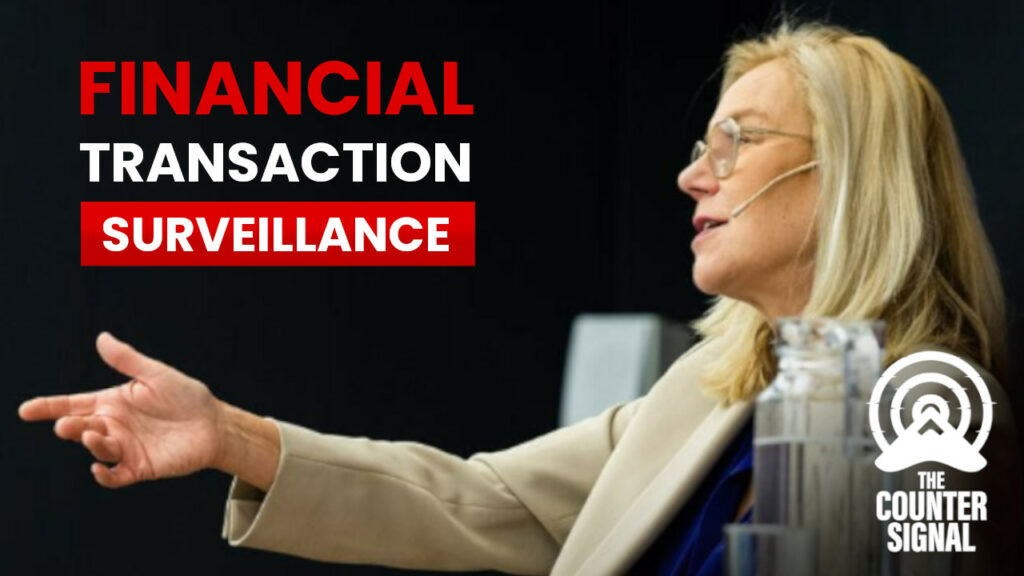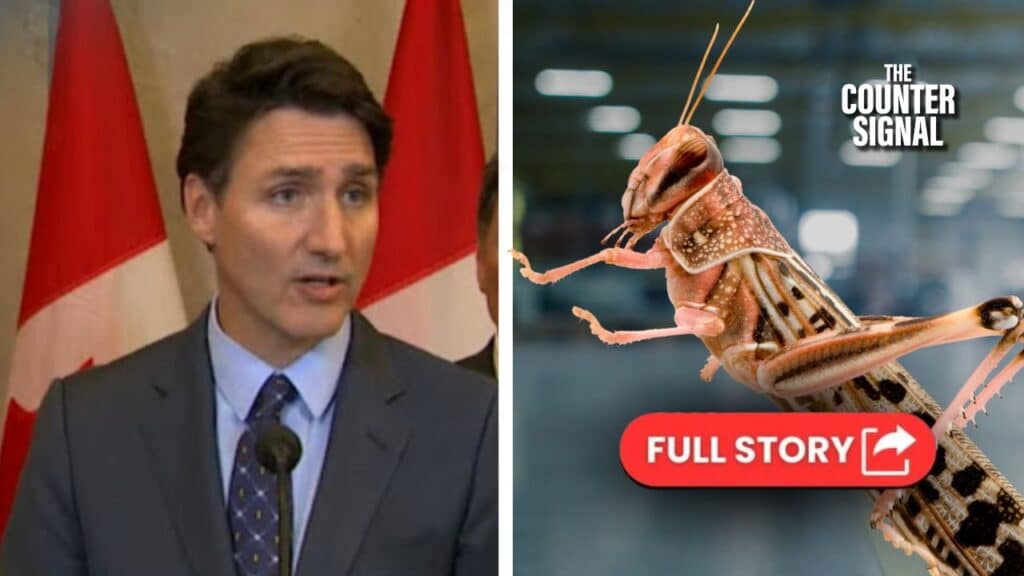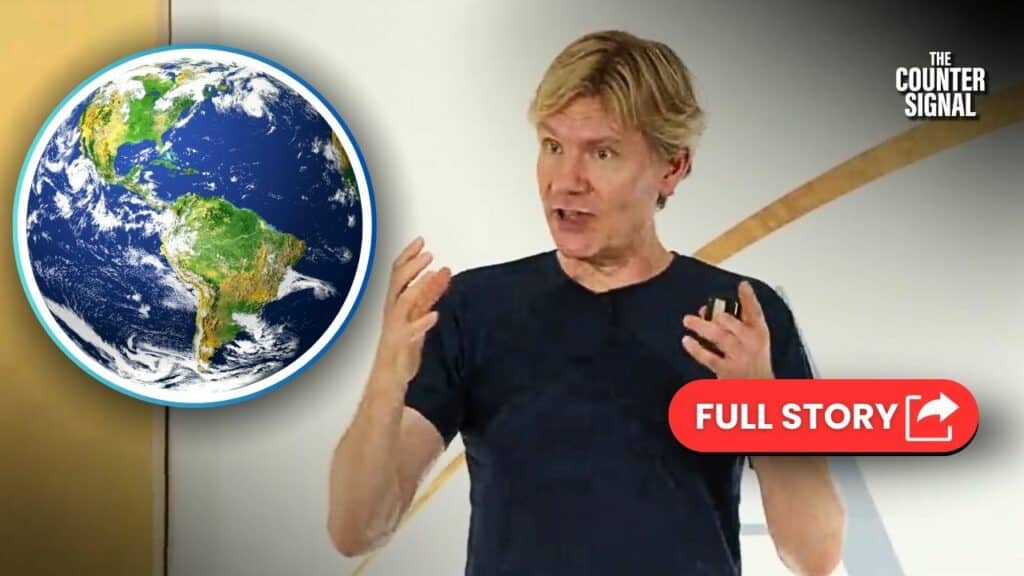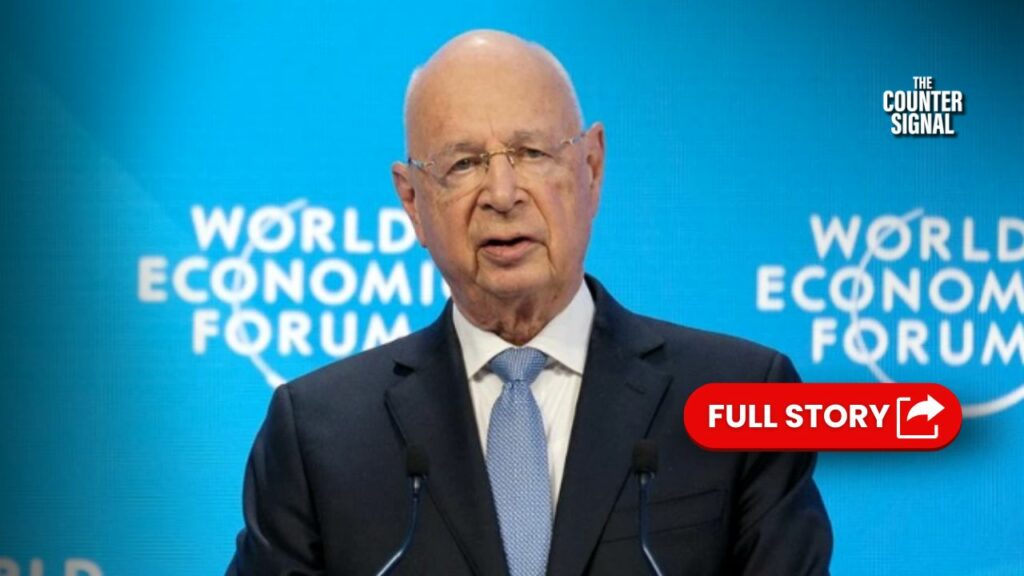Once again, the Netherlands is paving the path for the World Economic Forum’s (WEF) central bank digital currency (CBDC) agenda.

Instead of targeting hardworking Dutch farmers, this time, the country’s Finance Ministry has now proposed a law to allow banks to spy on transactions of citizens amounting to more than €100.
The bill, put forward by Finance Minister Sigrid Kaag, has been called an “unprecedented surveillance of the Dutch” population and a “banking dragnet” by the country’s privacy watchdog Autoriteit Persoonsgegevens.
Mark Steyn Eva Vlaardingerbroek discuss CBDC and a new bill from Dutch government which proposes monitoring all transactions over 100 Euros
— .. (@Xx17965797N) November 1, 2022
"They will know everything about you through the money that you spend.There's a presumption of guilt,you are being treated as a criminal". pic.twitter.com/DGYzX4nRdy
Unsurprisingly, Sigrid Kaag is the WEF’s Global Action Group co-chair. She argues the unprecedented invasion of the privacy of her citizens is needed to fight money laundering.
Kaag’s argument is the same tactic used by fellow WEF darling Canadian Finance Minister Chrystia Freeland, who froze the bank accounts of Freedom Convoy protestors in February.
The Netherlands Finance Minister just also happens to be co-chair at the World Economic Forum Global Action Group.
— PeterSweden (@PeterSweden7) November 1, 2022
Now she wants a new law where the government will monitor all transactions over €100.
They want total control.
Unfortunately for the Netherlands government, Dutch people are not so easily controlled by the WEF agenda.
As The Counter Signal reported from the ground of the Dutch farmers’ protests, plans from the country’s government to introduce controls on Nitrogen fertilizer led to a European-wide protest movement.
By September, the Dutch agricultural minister was forced to resign over the proposal, which threatened to shut down 11,200 farms across the Netherlands.
Former minister Henk Staghouwer was only in charge of the file for a tumultuous nine months. His tenure saw protests, blockades and tractor convoys across the country.












